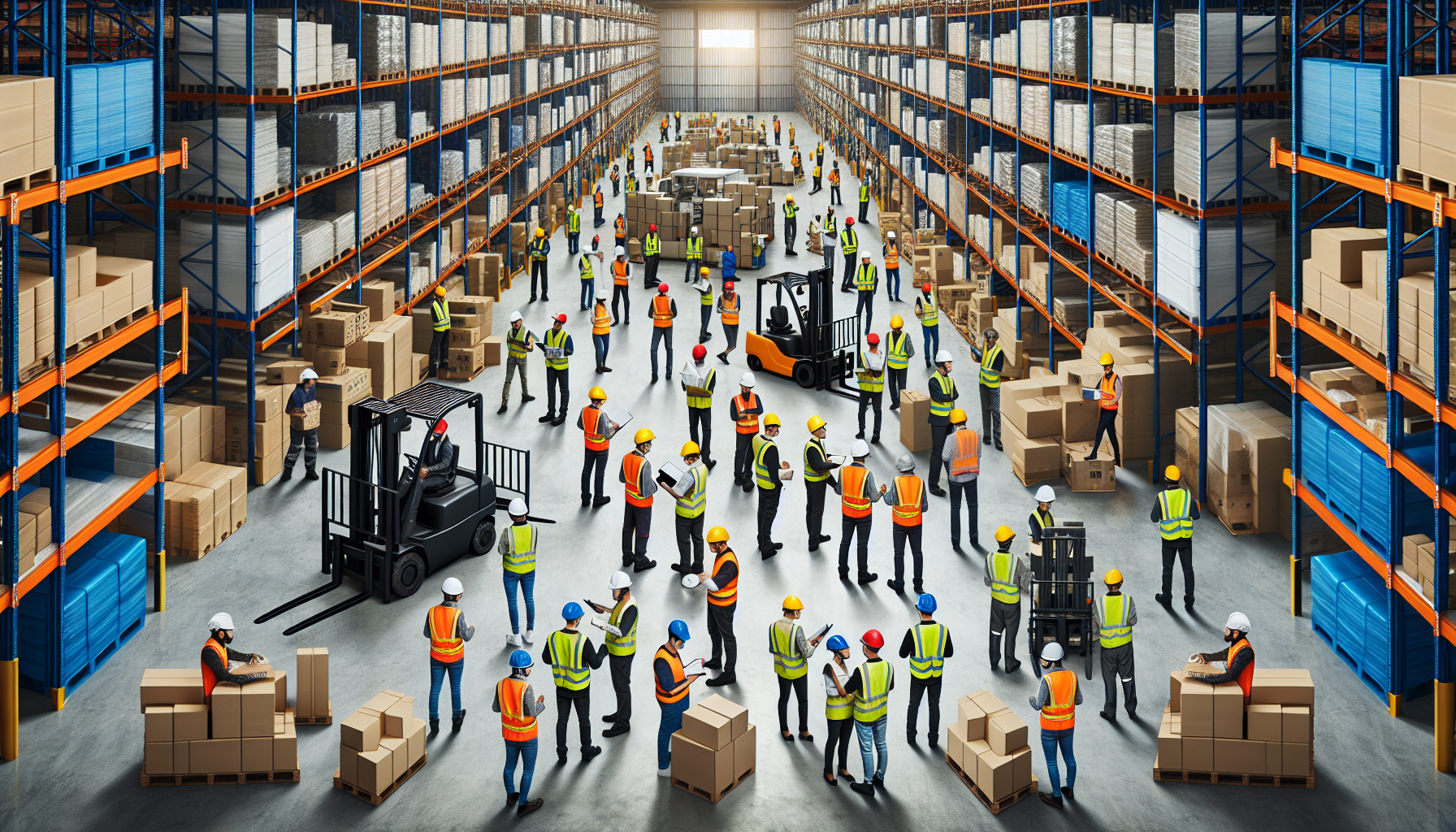Warehouse operations can be complex and demanding, requiring careful attention to safety measures to ensure the well-being of workers and contractors. Managing safety for warehouse contractors is of utmost importance to prevent accidents, injuries, and loss of productivity. In this article, we will explore some essential strategies and best practices for effectively managing safety in warehouse operations.
1. Clear Communication of Safety Policies and Procedures
To ensure safety compliance, it is crucial to clearly communicate safety policies and procedures to all warehouse contractors. This includes providing detailed training on safety protocols, emergency procedures, and the proper use of equipment. Regular safety meetings should be conducted to address any questions or concerns and reinforce the importance of workplace safety. A strong emphasis on open communication and the sharing of safety-related information can significantly reduce the risk of accidents.
2. Regular Safety Inspections and Audits
Regular safety inspections and audits are essential for identifying potential hazards and ensuring compliance with safety standards. These inspections should be conducted by trained professionals who can assess the warehouse environment, equipment, and processes for any safety gaps or issues. Warehouse contractors should be provided with a checklist of safety requirements to follow and be encouraged to promptly report any concerns or hazards they observe.
3. Promote a Culture of Safety
Creating a culture of safety is vital in maintaining a safe warehouse environment. This can be achieved by fostering an attitude of accountability, where all workers, including warehouse contractors, are encouraged to actively participate in promoting and maintaining safety standards. Recognition and rewards for safe practices can also help reinforce this culture and encourage continuous improvement.
4. Training and Certification
Proper training and certification of warehouse contractors are essential for ensuring they have the necessary skills and knowledge to work safely. This includes training on operating machinery and equipment, handling hazardous materials, and following safety protocols. It is crucial to regularly update training programs to stay up-to-date with the latest safety regulations and industry best practices.
5. Personal Protective Equipment (PPE)
Enforcing the use of personal protective equipment (PPE) is critical in warehouse environments. Warehouse contractors should be provided with the necessary PPE, such as hard hats, safety goggles, gloves, and high-visibility clothing. Regular checks should be conducted to ensure contractors are wearing their PPE correctly and using it whenever necessary.
6. Encourage Reporting and Investigation of Incidents
Creating an environment where workers and contractors feel comfortable reporting incidents, near misses, and potential hazards is essential for identifying and resolving safety issues. All incidents should be thoroughly investigated to determine the root cause and implement corrective actions to prevent similar incidents from occurring in the future.
7. Regular Safety Training and Refreshers
Continuous safety training and refreshers are necessary to keep safety practices at the forefront of warehouse contractors’ minds. Regular refresher courses and toolbox talks should be conducted to reinforce safety procedures, address new hazards, and provide updates on safety-related regulations.
Conclusion
Managing safety for warehouse contractors requires a comprehensive approach that encompasses clear communication, regular inspections, promoting a culture of safety, proper training and certification, proper use of personal protective equipment, encouraging incident reporting and investigation, and ongoing safety training and refreshers. By implementing these strategies and best practices, warehouse operations can effectively manage safety, reduce accidents, and improve overall productivity.
Click here to learn more about how HCO Innovations can assist in evaluating and improving safety within your warehouse operations.

